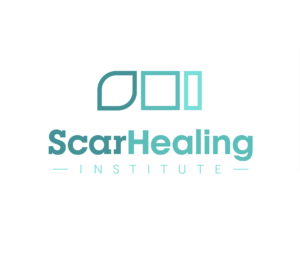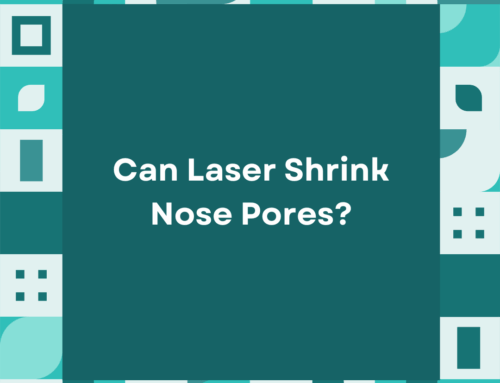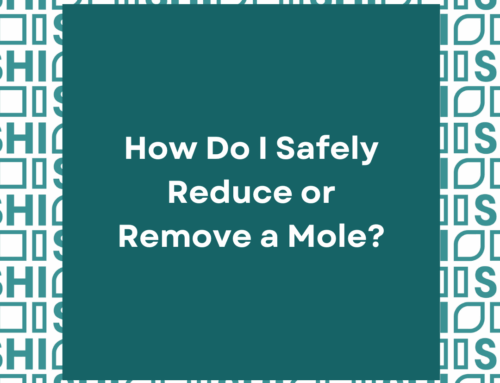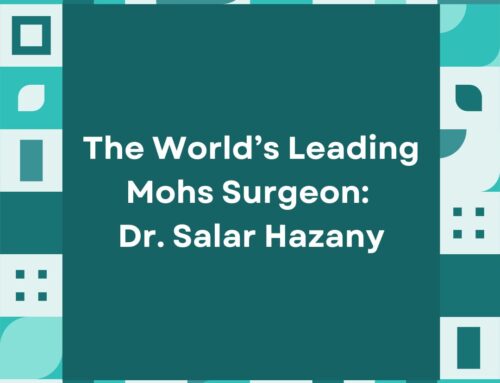Is Collagen Loss Preventable?
Collagen makes up two-thirds of the dermis and makes the skin smooth, glowing, and healthy. But, as one grows old, the collagen production in the skin reduces gradually which causes the skin to get thinner.
While collagen loss happens naturally with age, it becomes truly upsetting when it leads to problems like wrinkles and thinning of the skin. The right amount of collagen in the skin ensures its strength and elasticity.
Being a natural phenomenon in the body, there is no such way to stop the loss of collagen but it can be somewhat prevented and slowed down with some advanced treatments, which are mentioned above.
What Causes You to Lose Collagen?
To know what leads to the loss of collagen in your body, you should know what hurts the collagen levels in the body. Too much exposure to sunlight is the prime cause of the loss of collagen. But, why it is so and what are the other causes that lead to loss of collagen are discussed further below.
Sunrays
When UV rays of the sunlight penetrate through the dermis, they break down the collagen. The UV rays cause free radicals in the skin which increases the enzymes. This further harms and breaks the collagen.
When the sunrays penetrate, there is an intense buildup of the protein, called elastin. After a while, the body starts producing the enzymes that consume the collagen.
Thereby, when your skin is overexposed to sun damage, this process speeds up leading to the loss of more collagen which leads to solar scars and other harmful effects like sagging of skin.
Aging factor
Collagen levels in the body start declining naturally after the late teens or early twenties. It generally decreases at a rate of 1% per year. But, this never causes any effect on the skin because the body naturally balances the collagen loss and regeneration of tissues.
However, the real problem arises when the loss of collagen increases abnormally in some people.
While it is not possible to restrict this inevitable process in your skin, you should seek the best collagen boosting treatments to replenish your collagen levels.
Stress
Stress is another prime reason behind the loss of collagen. Stress causes a pro-inflammatory effect on the brain that lowers its ability to create collagen. Besides, stress means an elevated level of cortisol, which curbs many vital functions including the production of collagen.
The reason behind this is that the body uses its resources to reduce stress and subsequent inflammation. Thus, the production of collagen is hampered.
Inflammatory Diets
Inflammation is a key cause of damage or destruction of tissues which includes the tissues connecting and building up the collagen. Thus, any inflammatory diet fuels the loss of collagen in your body. Most diets that contain a higher amount of sugar, refined carbohydrates, trans fat, and processed meats are considered inflammatory.
Thus, if you eat such diets regularly, it will result in active inflammation throughout the body which will impede the healing of tissues. Particularly, added sugar aggravates the damage to skin cells and tissues. It hardens the collagen, causes premature aging, and weakens the base of the skin.
11 Tips to Preserve Collagen
Collagen is considered the building block of healthy and thick skin. Preserving or restoring collagen is essential to prevent wrinkles and other skin issues caused by aging. It is essential to keep your skin plump, bouncy, and youthful.
Unfortunately, it depletes with age resulting in the loss of all the vitality and youthfulness of the skin. While you can’t prevent aging, what you can do is use remedies along with collagen treatments to reduce the loss of collagen. Here are some of the best tips for preserving your collagen.
1. Use of Retinoids
Retinoids or retinol are a crucial derivative of vitamin A that can slow down the impact on skin aging. They improve collagen production by speeding up the cell recovery process. Owing to this, they are used to produce tropical creams which help in treating a wide range of skin problems and issues.
Topical retinol helps to stimulate the level of other natural ingredients like hyaluronic acid. It also prevents the inflammation of the skin which reduces acne.
People who are sensitive to retinoids can use Bakuchiol, which is an effective natural alternative of the same.
2. Use topical Vitamin C
Applying Vitamin C serums is also effective for preserving collagen. It is the most vital antioxidant that prevents that skin damage from harmful UV rays. Not only that, but vitamin C also speeds up collagen formation and balances its amount in the skin.
3. Apply quality sunscreen
While sunscreen creams are useful for preventing skin damage, they can also help to keep your skin young and bouncy. UV rays break the collagen and cause wrinkles, etc. Thus, by protecting your skin from UV rays with sunscreen, you can prevent damage to collagen levels.
While you should apply sunscreen in the morning before going out, also don’t forget to reapply it if you are out for a long time during the day.
4. Get collagen boosting treatments
While natural remedies will produce results very slowly, you can opt for advanced collagen treatment for the face that helps in stimulating its levels to a great extent and prevent a lot of skin problems including fine lines, acne scars, stretch marks, and wrinkles.
Some of the most effective treatments known are microneedling, laser treatment, and Sculptra.
5. Use facial peels
There are many safe chemical facial peels that can help to diminish the destruction of skin cells and simultaneously multiply the production of collagen. They use glycolic acid or other hydroxy acids which ensure their effective results and also enhance the skin texture.
6. Reduce stress and take a rest
Stress results in inflammation that reduces the body’s ability to recover cells and thereby, is the main cause of fast collagen degradation and aging. Thus, to keep up your collagen levels, try to reduce the stress level by using therapies like meditation, music, or practicing of hobbies.
7. Choose a healthy diet including lean protein
Eating a balanced or healthy diet that includes an adequate amount of lean protein is great for your skin. High-protein foods contain a considerable amount of amino acids that help in the production of collagen. Some of the key sources of lean protein are seafood, lean cuts of beef meat, and fish.
8. Reduce intake of sugar
Sugar results in the creation of glycation end products which break up the collagen. So, to preserve your collagen level, try to reduce the intake of added sugar.
9. Quit smoking and reduce drinking alcohol
As smoking limits the flow of oxygen and blood to the skin, it is highly damaging to collagen. Besides, it produces free toxic radicals which affect both the elastic fibers as well as collagen. Therefore, stop smoking or reduce it as much as possible. Also, alcohol too harms collagen because of its own antioxidant defense system. It’s generally observed that people who drink too much in a week are more likely to develop wrinkles and age faster.
10. Use collagen supplements
If you can’t manage to get a diet with adequate nutrients that help in preserving collagen, then ‘Hydrolyzed collagen’ which works as a supplement and comes in powder can be useful. You can easily put it in drinks, food, smoothies, etc., and have them.
11. Increase physical activities
Along with the best collagen stimulating treatments, what you should never ignore to maintain an appropriate collagen level in the body is being ‘physically active.’ It keeps your body, mind as well as skin healthy.
For more information on Collagen Loss and how to prevent it, please get in touch with a dermatologist at Scar Healing Institute.





